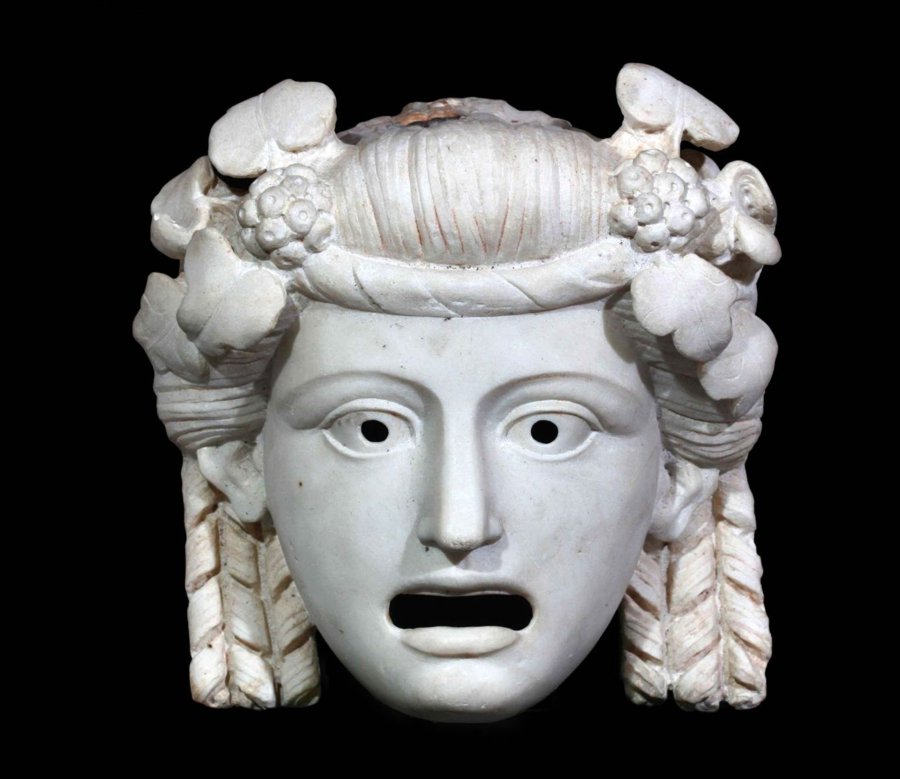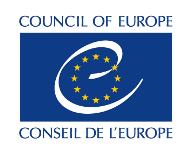The Convention on the Rights of Childhood and Adolescence. With the right of expression girls, bambini, girls and boys have the right and the responsibility of the I CAN SAY… dell’IO POSSO NARRARE…
It is a recognition that comes from afar and induces us to remember the civilization of ancient Greece that, from what we know so far, first he emphasized the word as a conscious manifestation of logos (of thought), for which the people can express your consent or disagreement.
The word, in the dialogues, It was also the heart of the play. "Just as the heroes of the Greek tragedies, through "the’I can say"The subject speaks to others of his action, and others recognize it able to say ' (Ricoeur, 2005, p. 113).
It is precisely the mask that characterized the characters - "prosopon”,"Voice resounding" - which derives the term "person", he / she who has voice to say and to be heard, He voiced to assert their rights: is the manifestation of that '' l 'I can say"The rights guaranteed by the Convention and the Constitution.

The mask, made of wood and worn by actors wore on stage political or moral issues on which they wanted to make us think the people, It had the function of making viewers distinguishable facial features of the characters and to sound the voice for easy listening.
Speak and be heard…
- "Everyone has the right to freely express their thoughts in speech, writing or any other means of communication '. (Cost.27-12-1947. Part one: art.21).
- "States Parties shall assure to the child who is capable of discernment the right to freely express his opinion on any matter affecting the child, the views of the child being given due consideration, taking into account her age and degree of maturity. To this end, is the opportunity to be heard shall in particular be to the child [...]» (UN Convention on the Rights, 1989, art. 12).
 CCDR Martellago
CCDR Martellago JRC Rosà
JRC Rosà CCRR Mogliano
CCRR Mogliano AIART
AIART Listen,,it,It is a radio that caters to all and all,,it,female students and students,,it,senior executives,,it,teachers,,it,school staff,,it,It stands as a place of knowledge,,it,of exchange,,it,but also of growth and education for girls and boys,,it
Listen,,it,It is a radio that caters to all and all,,it,female students and students,,it,senior executives,,it,teachers,,it,school staff,,it,It stands as a place of knowledge,,it,of exchange,,it,but also of growth and education for girls and boys,,it BY
BY Sede CCRR
Sede CCRR Child Friendly Cities
Child Friendly Cities Museum of Reclamation
Museum of Reclamation Peggy Guggenheim
Peggy Guggenheim Wonders of Cities
Wonders of Cities 31 October – 3-4 November 1918
31 October – 3-4 November 1918 Berlin Wall
Berlin Wall Il Sole Junior
Il Sole Junior Atlas
Atlas City of Heraclea
City of Heraclea Radio Magica
Radio Magica Trail
Trail Unde Radio
Unde Radio Safe Internet
Safe Internet Children's Parliament
Children's Parliament SMS
SMS L'U.E. With European and PER NOI
L'U.E. With European and PER NOI Learn English!
Learn English! Reminder
Reminder A dust' of Italian L2
A dust' of Italian L2